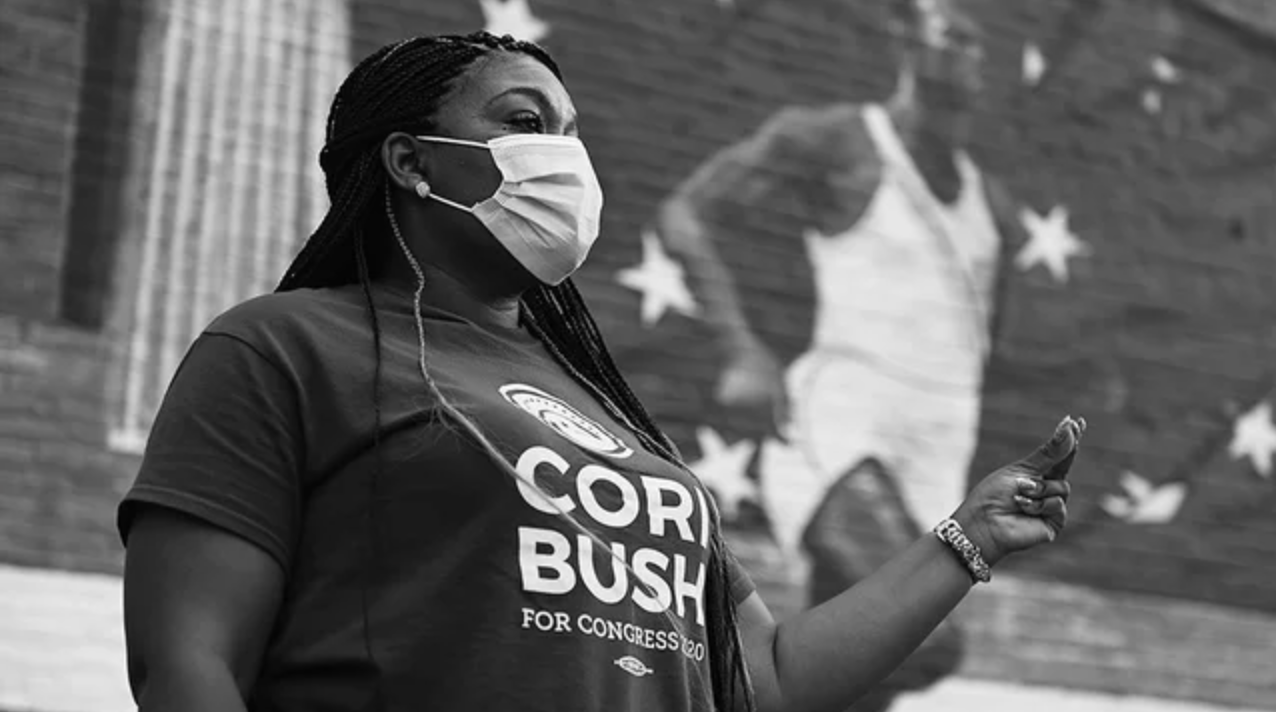
A century after women were granted the right to vote, women of color are growing their political power in races across the country.
At least 266 women of color are running for seats in Congress this year, according to the Center for American Women and Politics (CAWP) at Rutgers University, a new record that eclipses the 179 women of color who ran in 2018.
And one more — Sen. Kamala Harris (D-Calif.), Joe Biden’s vice presidential nominee — could make history as the first person of color, man or woman, to serve as a presiding officer, if the Democratic ticket captures the White House in November.
Four women of color serve in the Senate, and 44 are members of the House.
“You just have this burden of being everything to everyone, but here’s the thing about Black women: We’ve had to be that way,” said China Dickerson, the former campaign manager for Rep. Lauren Underwood (D-Ill.), the youngest African American woman to serve in Congress.
Dickerson, now the national political director for Forward Majority, a Democratic group focused on flipping state legislatures, said women of color are often the only ones in the room representing a diverse perspective.
“Black and Brown women have had to be that way our entire lives, so we have more experience than white men at navigating intersectionality,” she said.